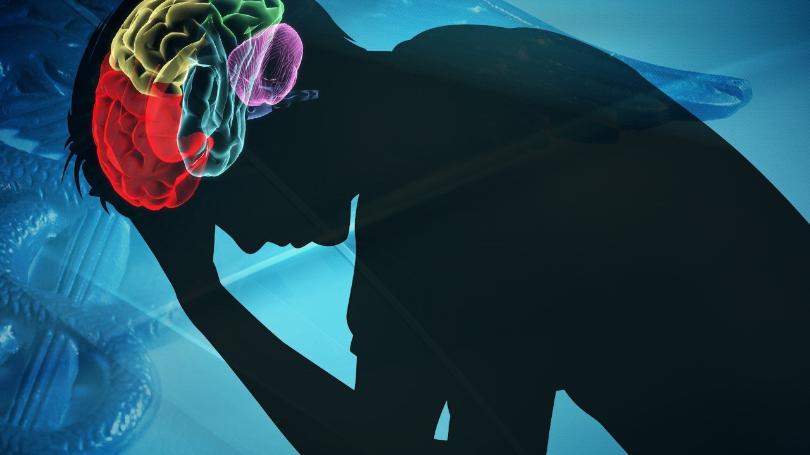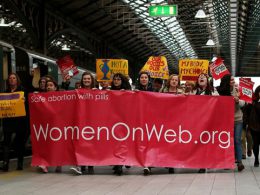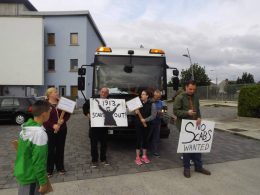By Shane Finnan
In the wake of the global financial crash in 2008, Mark Fisher – a socialist academic – commented on the “mental health plague” that exists in neo-liberal capitalist society. In a society where the primary ideology is built on a foundation of ruthless self-interest, individualization and profiteering, arising from an economic system that is characterized by a dog-eat-dog mentality, mental health problems do not simply co-exist with capitalism, but derive from it.
Since austerity has been implemented in Ireland by a string of right-wing and pro-capitalist parties, mental health problems have drastically worsened. There has been a 122% rise in women and girls aged 13-22 reporting mental health difficulties between the 2011 and 2016 Census. In the same vein, a 2015 research paper reported that “[f]ive years of economic recession and austerity in Ireland have had a significant negative impact on rates of suicide in men and on self-harm in both sexes”.
These developments have occurred as polcies of austerity have been implemented, decimating the prospects and lives of the working-class and the young. In the same period, there are less people working in the mental health sector, and this government’s attempts to match the state’s commitments for the “Vision For Change” initiative have fallen drastically short of state pledges made in 2006 to massively – invest in mental health services.
De-stigmatisation
In 2009, the first Darkness into Light, a charity event in aid of Pieta House, took place. In 2009, 400 people participated in the run. In 2017, the figures of participants grew exponentially, with over 150,000 partaking in the run. This is indicative of a sea-change in attitudes about mental illness and people’s willingness to discuss it and challenge it.
Cultural icons such as the Rubberbandits have used their platform to discuss mental illnesses and to provoke a conversation about mental health needing to be discussed, with a particular mind to encouraging young men to open up, thus cutting across the culture of internalization and bottling-up that exists. This change in attitudes is inspiring as shown by the growth in participation in Darkness into Light. While establishment figures such as Enda Kenny have participated in this event it is worth noting that the policies that people like Kenny have implemented have helped exacerbate this crisis.
Oppression
Oppression of different social groups is tied into the make-up of the Irish state. The systematic state racism against Travellers contributes to the dreadful fact that they are six times more likely to die by suicide than members of the settled community. Nearly a hundred years of state oppression against the LGBT community is undoubtedly connected and causal to the reality that LGBT people are four times more likely to suffer from a mental illness than heterosexuals.
It’s worth mentioning that in a struggle for equality and a better life, exemplified in the marriage equality referendum campaigns, social movements of people can have an impact on people’s consciousness. Social movements can point a way forward; engaging in a struggle for liberation, be it LGBT liberation or social liberation against austerity and capitalism, helps to break down the culture of alienation and oppression that exists and replace it with a culture of solidarity and shared, collective consideration for the well-being of all.












